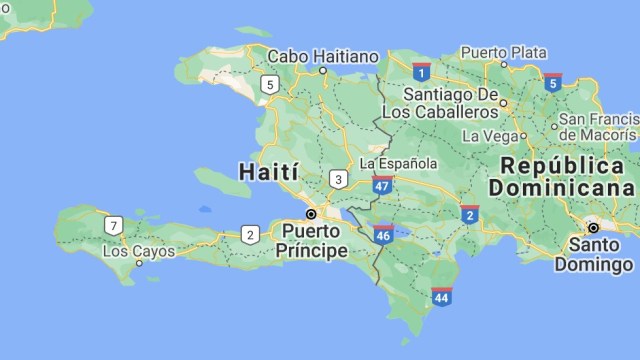
Recent headlines from Haiti portray a country in free fall. A president’s assassination, recovery from the massive August earthquake, fuel and hard currency shortages, kidnappings and criminal gangs operating with impunity all indicate a bleak future and possible failed state – all too close to the United States.
By The Hill – Tom Cardamone and Raymond Joseph
Dec 9, 2021
In this maze of challenges, a problem crying for solutions – and readily addressed – is corruption. This poison affects all sectors of the country and demoralizes Haiti’s people. Haitians alone cannot solve this challenge, but the United States has the key to doing so. Accountability and interdiction of illicit financial flows are not some esoteric undertaking, but are well within the legal means the United States already has in place.
Perhaps the most infamous of Haitian scandals is the $2 billion that was allegedly mismanaged in the PetroCaribe oil-loan program. The Haitian government purchased oil from Venezuela by paying 60 percent up front and borrowing the rest from the Caracas government. Proceeds from the sale of the oil in Haiti were to be used for social programs that rarely materialized. Despite a government inquiry alleging the extent of the crimes, Haitians continue to ask, “Where are the PetroCaribe funds?”
Corruption is sometimes seen by well-intentioned policymakers as a low-grade fever – something to observe but nothing to worry about. This is a fallacy and a root cause of failures to “help” Haiti from the outside. With “stability” often the most pressing goal of outsiders, a country’s wealth is siphoned away with bribes, extortion and phony invoicing, seen as the cost of doing business. Lacking a real fix to this syndrome, stability will never come. The fever, it turns out, could be fatal. Clearly, a new approach is needed.
President Biden’s Summit for Democracy, which begins today, provides a high-profile platform to announce an initiative that can be transformative. Not only can the administration promote an effort to help locate the PetroCaribe money, but it also can declare an innovative approach in a decades-long effort to help Haiti get on its feet.
Recent history in nearby Central América provides a roadmap out of this morass. Take Guatemala. In 2009, a new and independent institution, backed by the U.S. and the United Nations, was established to root out grand corruption by political figures — and it worked. During its 10 years, CICIG (its acronym in Spanish) helped dismantle 60 criminal networks, brought charges against 680 individuals, and had an 85 percent conviction rate. Seventy percent of Guatemalan people approved of it in a 2018 poll. Surely, a similar organization can flourish in Haiti.
…
Read More: The Hill – No quick fix for Haiti – but corruption comes first
…

